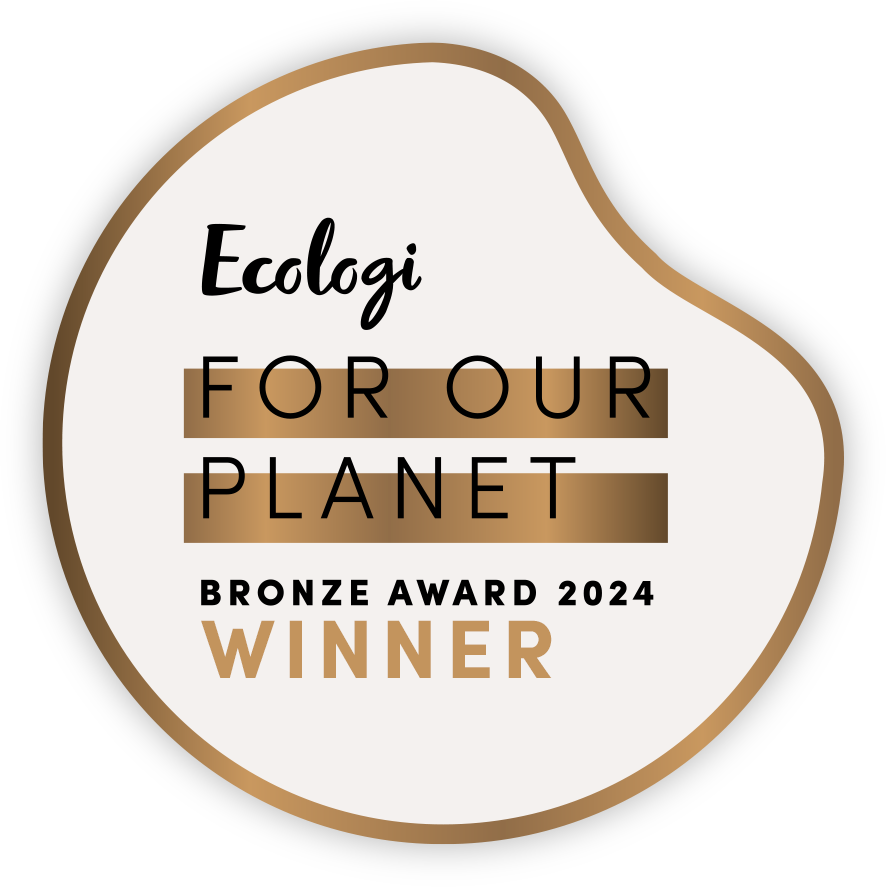Hello there!
Welcome to Sust* – your partner in sustainable events and exhibition stands.
We’re an award-winning event management agency with a proven track record in creating, managing, and delivering exceptional net-zero corporate events, conferences, awards dinners, and exhibitions.
Our expertise also extends to designing low-carbon, “zero-waste” exhibition stands that make a lasting impact without leaving a lasting footprint.
Alongside event delivery, we offer consultancy services for marketing agencies, corporate event managers, and exhibition & conference organisers. By sharing our specialist knowledge, we help others reduce the carbon footprint of their own events with practical, measurable solutions.
Proudly, we were the first UK event company to achieve the coveted ESGmark® in recognition of our pioneering work in sustainable event management.
Corporate Events
Carbon Reporting & Consultancy
Low Carbon
Exhibition Stands
Accreditation
What do we do?
Whether you’re hosting an international conference for thousands of delegates or an intimate company meeting, an exhibition spanning multiple halls or a single hotel ballroom, a glamorous awards dinner or a relaxed company lunch — even an eye-catching low-carbon, “zero-waste” exhibition stand — we have the expertise to make it happen.
Our approachable, adaptable management team each bring over 25 years of experience in delivering events of all sizes, working with governments, global blue-chip brands, SMEs, and associations across the UK, Europe, and around the world.
Along the way, they’ve earned multiple awards and industry recognition — including places on Event Magazine’s prestigious list of the ‘100 Most Influential People in the Event Industry’.
Why should your next event be sustainable?
You might choose to make your event sustainable because of your organisation's 'Environmental, Social and Governance (ESG)' commitments;
or because nearly 80% of sponsors want to align themselves with an event with little or no impact on the environment;
or that over 75% of event visitors want to understand the carbon footprint implications of attending before they decide to go or not;
or it might simply be because reducing waste saves money.
Whatever your reason, we’ll help you create an unforgettable event with a minimal footprint.
How do we work?
We...
- Were the first UK events company to be awarded the ESGmark
- Adhere to and exceed the guidelines laid down by international regulatory bodies
- Use recycled or recyclable products that are able to be recycled locally
- Eliminate or reduce ‘one-time-use’ items
- Plant thousands of trees - one for every delegate or square metre of stand space
- Work with centrally located venues with good public transport links
- Work with venues with recycling and compostable programmes
- Use local suppliers and crew
- Use the best locally sourced produce, and repurpose any surplus to minimise waste
- Incentivise all participants to minimise the carbon footprint of their participation.
Then we
offset
anything that’s left over through recognised,
gold standard programmes.
The result: amazing, memorable, guilt-free, net zero and sustainable events!
(And, finally, we donate a percentage of our turnover to good causes.)
Did you know?
Our clients love us!
94% of our work comes from recommendation
The UK events industry creates 1.2 billion kgs of 'carbon' each year.
None of that comes from us
4 out of 5 of your potential sponsors will only consider supporting your event if it has a sustainability policy
We donate a percentage of our turnover to environmental causes
The latest posts from our microblog




contact us













